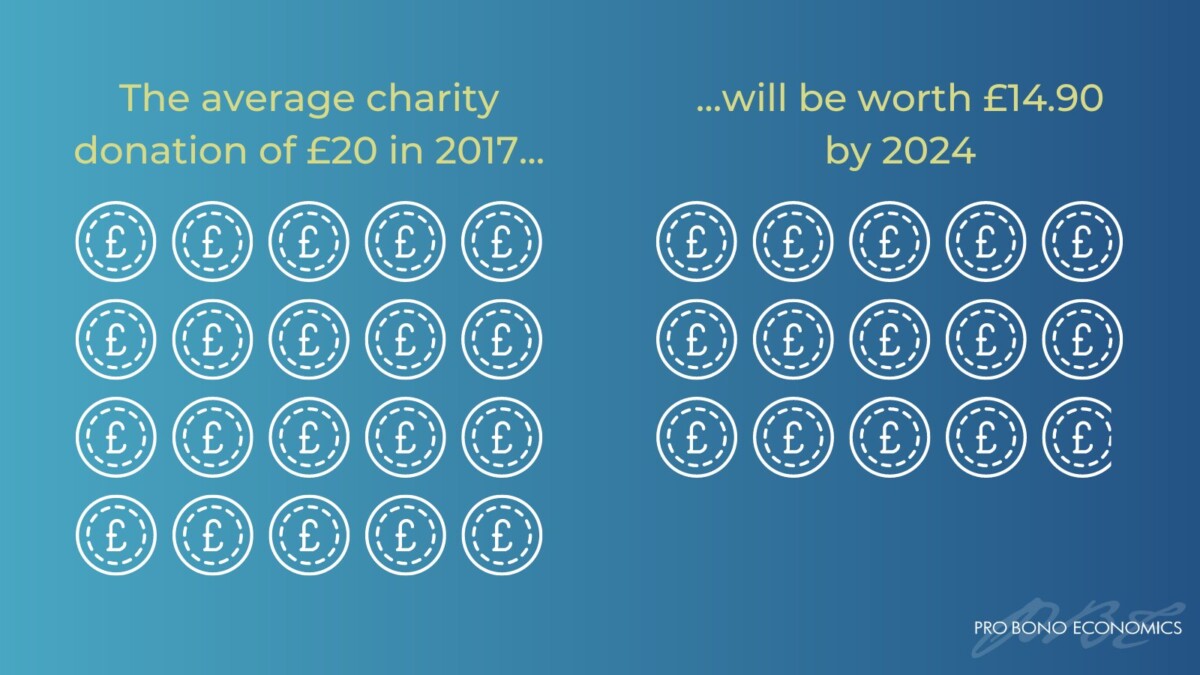New Energy Bill Discount Scheme lacks sufficient support for charities, sector leaders warn

The government has announced that the Energy Bills Discount Scheme for UK businesses, charities, and the public sector will roll out from April, replacing the current EBRS scheme. Whilst it will provide a discount on energy costs until 24 March 2024, there is no targeted support for charities.
From 1 April 2023 to 31 March 2024, eligible non-domestic customers – including charities –who have a contract with a licensed energy supplier will see a unit discount of up to £6.97/MWh automatically applied to their gas bill and a unit discount of up to £19.61/MWh applied to their electricity bill. This will not apply to those paying lower bills that fall under the threshold.
A higher level of support will be provided to businesses in sectors identified as being the most energy and trade intensive (ETIIs) – predominately manufacturing industries.
Advertisement
According to The Heritage Alliance, this does reach the sector in some part, with library and archive activities; museum activities; the operation of historical sites and buildings and similar visitor attractions; and botanical and zoological gardens and nature reserve activities all identified as ETII.
Sector response
Responding to the news, Neil Heslop OBE, Chief Executive of the Charities Aid Foundation said the lack of targeted support for charities was disappointing:
“Charities are caring for those who are hit the hardest by the cost-of-living crisis, whether by providing warm places, food packages, mental health services, or support for the homeless. Continued energy support is therefore critical, but it is disappointing that the Government has not announced targeted support for charities in the new discount scheme.
“More and more people are relying on charity services, but they are stretched beyond measure with inflation increasing their costs and donations falling. Their finances are on a knife-edge even with the existing scheme, so organisations are relying on their reserves to cover core costs or cutting back on services. Many charities are running out of options to continue to provide for the vulnerable in our communities.”
NCVO is calling for an urgent review into who’s included in the government’s new energy discount scheme. It also wants to see a long-term plan put in place that provides security for the voluntary sector and reduces future risks of unaffordable energy bills. More on this here.
Sarah Vibert, NCVO CEO said:
“We appreciate the government cannot subsidise energy bills forever, but there is a significant risk to charities if we don’t urgently start working on a long-term plan. To be painfully blunt – charities save lives. For every charity that stops a service, or closes its doors forever, there are people who lose that lifeline.”
On the ACEVO site, Jane Ide, its CEO said the announcement held many wins for the sector but voiced concerns that for many charities, the support would not be enough:
“The announcement of a year-long scheme, delivered via energy bills, that covers every charity on a business tariff is undoubtedly welcomed. The challenge though is the quantum of support. £5.5bn of support over 12 months is, by definition, spread much, much thinner than the initial £18bn of support over just six months.
“Ultimately, the decision on the overall level of support to be offered is a political as well as an economic one.
“I have already fed back to the Exchequer Secretary my fear that this support will not be enough to save many badly needed charity services from closure.
“We know that government understands our articulation of the impact on communities and individuals when charities have to reduce or close services. We know they understand that there are knock-on consequences for the public purse and the public sector when charities like hospices, community centres, youth groups, mental health services or domestic violence refuges cannot function effectively. We know that after two years of the pandemic followed by an economic crisis, the resilience of our sector is at real risk.”





